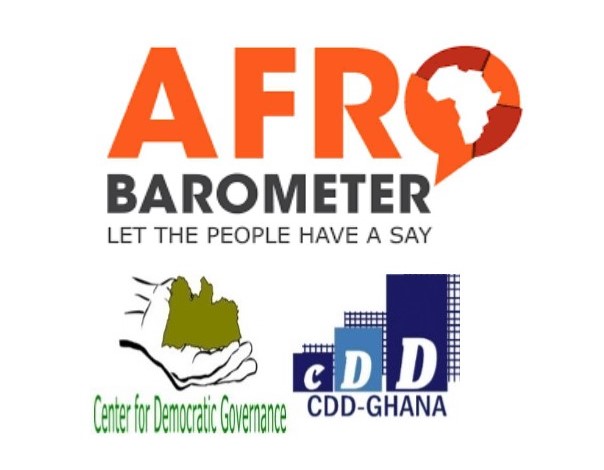Liberians say the government is responsible for fighting climate change and needs to do “a lot more” to limit it, the latest Afrobarometer survey shows.
A majority of citizens who have heard of climate change say it is making life in the country worse. But about four in 10 Liberians are still unfamiliar with the phenomenon.
Besides the government, respondents also look to other key stakeholders – including business and industry, developed countries, and ordinary citizens – to do a lot more to limit climate change.
Key findings
- In Liberia, 61% of adults say they have heard of climate change (Figure 1).
- Among Liberians who are aware of climate change:
- More than two-thirds (68%) say it is making life worse, a 19-percentage-point increase since 2020 (Figure 2).
- Three-fourths (75%) of citizens say the government has the primary responsibility for fighting climate change and limiting its impact. Far fewer place this responsibility mainly on citizens (9%), rich or developed countries (5%), and businesses and industries (4%) (Figure 3).
- Strong majorities say the government (74%), business and industry (63%), and developed countries (62%) “need to do a lot more” to limit climate change. Half (49%) say the same about ordinary citizens (Figure 4).
- Seven in 10 citizens (71%) say the government is performing “fairly badly” or “very badly” in handling climate change (Figure 5).
Afrobarometer surveys
Afrobarometer is a pan-African, non-partisan survey research network that provides reliable data on African experiences and evaluations of democracy, governance, and quality of life. Eight survey rounds in up to 39 countries have been completed since 1999. Round 9 surveys (2021/2023) are currently underway. Afrobarometer’s national partners conduct face-to-face interviews in the language of the respondent’s choice.
The Afrobarometer team in Liberia, led by the Center for Democratic Governance (CDG), interviewed a nationally representative sample of 1,200 adult citizens between 25 August and 2 September 2022. A sample of this size yields country-level results with a margin of error of +/-3 percentage points at a 95% confidence level. Previous surveys were conducted in Liberia in 2008, 2012, 2015, 2018, and 2020.

